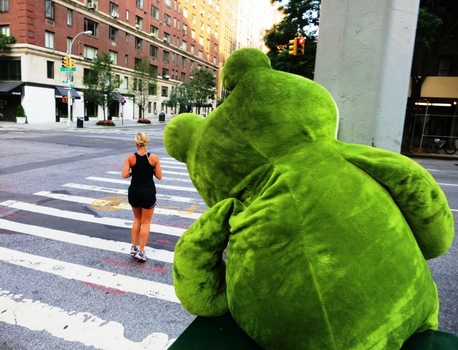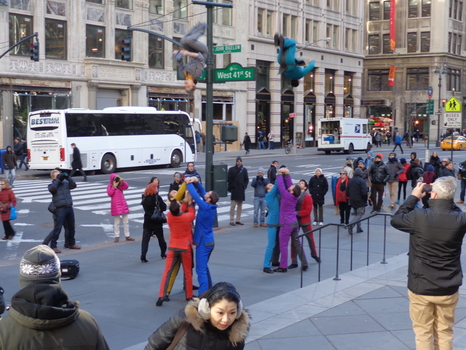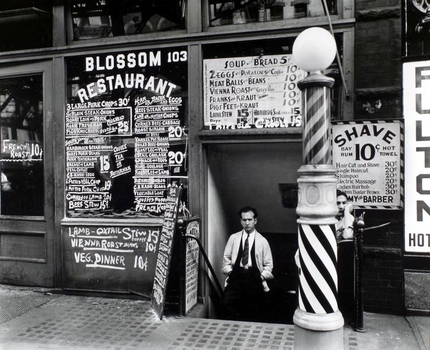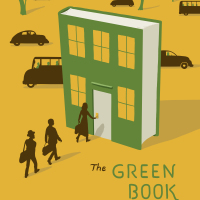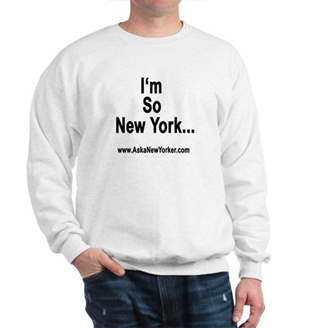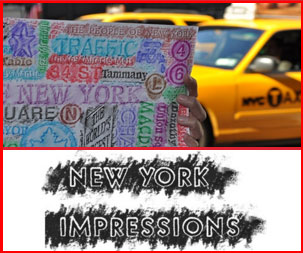There is a good argument that theater provides us with more insight into our social reality than what we can recognize through our own lives. In our lives, our perspective is dominated in the pursuit of our own interests and the fulfillment of our own obligations. Yet society does not move in the direction of our individual interests. Rather, society moves through the collective activity of everyone involved. Theater provides us the opportunity to step outside of ourselves and watch the dynamics of social interaction through the dramatic experience portrayed on the stage.
When theater works well, we are provided with a collection of characters with whom we can immediately relate through our family, our friends, our coworkers and even ourselves. These recognizable characters explore social situations that resemble our own circumstances, whether of experience, fantasy or any other world where we find the thoughts of our minds reside.
On rare occasions, theater does more than work well though. It does more than touch upon the immediate and the historic. On occasions, it touches upon the universal. In these instances, theater can work miracles. The Green Book, a play by Calvin Alexander Ramsey, is a play that works miracles.
Produced and performed in Atlanta and San Francisco, The Green Book has already received critical acclaim. Recently, Mr. Ramsey teamed up with the living legend – George Ferencz – who served as resident director at La Mama for nearly 30 years. For two months, they reworked the play line by line to tighten every phrase, polish every turn, distinguish every character and sharpen the focus of every scene to make the play, as Mr. Ferencz says, “New York Ready!”
The play was inspired by the The Negro Motorist Green Book published by Victor H. Green from 1936 to 1966. Mr. Green’s book provided listings of Motels, Restaurants, Gas Stations and other services travelers needed as African American Families journeyed to the South to visit family during the Jim Crow Era of racial segregation.
The play projects the meaning of The Green Book to transcend the specific historic period and to relate on the basis of the universal need of safe passage in our lives. This evokes a sense of the invaluable sources of guidance ranging from the enduring wisdom provided through the spiritual texts of antiquity to the immediacy of little gems of insight provided by a mother’s trusted advice.
One of the most paradoxical expressions in the play is made through a salesperson who sells advertisement for the publication to provide the revenue necessary to continue updating, expanding and circulating the listings. Although Victor Green always emphasized that he eagerly awaited the day when the segregation laws were abolished and The Green Book became obsolete, the salesperson recognizes that the need for The Green Book provides him with his livelihood. This development lucidly illustrates the diverging routes that business success and social benefit often take. Unquestionably, commerce is the most elaborate means through which people interact, but the profitability of business is not always gained in the best interest of the population.
The play provides a valuable reminder of a painful era of American History while also providing an insight into the need of safe passages we all seek through our lives.
A reading of The Green Book will be conducted on Monday, April 27 at 7:30 PM at The Actor’s Temple at 339 W. 47th Street between 8th and 9th Avenues.
Garrett Buhl Robinson is a poet living in Brooklyn. www.garrettrobinson.us


